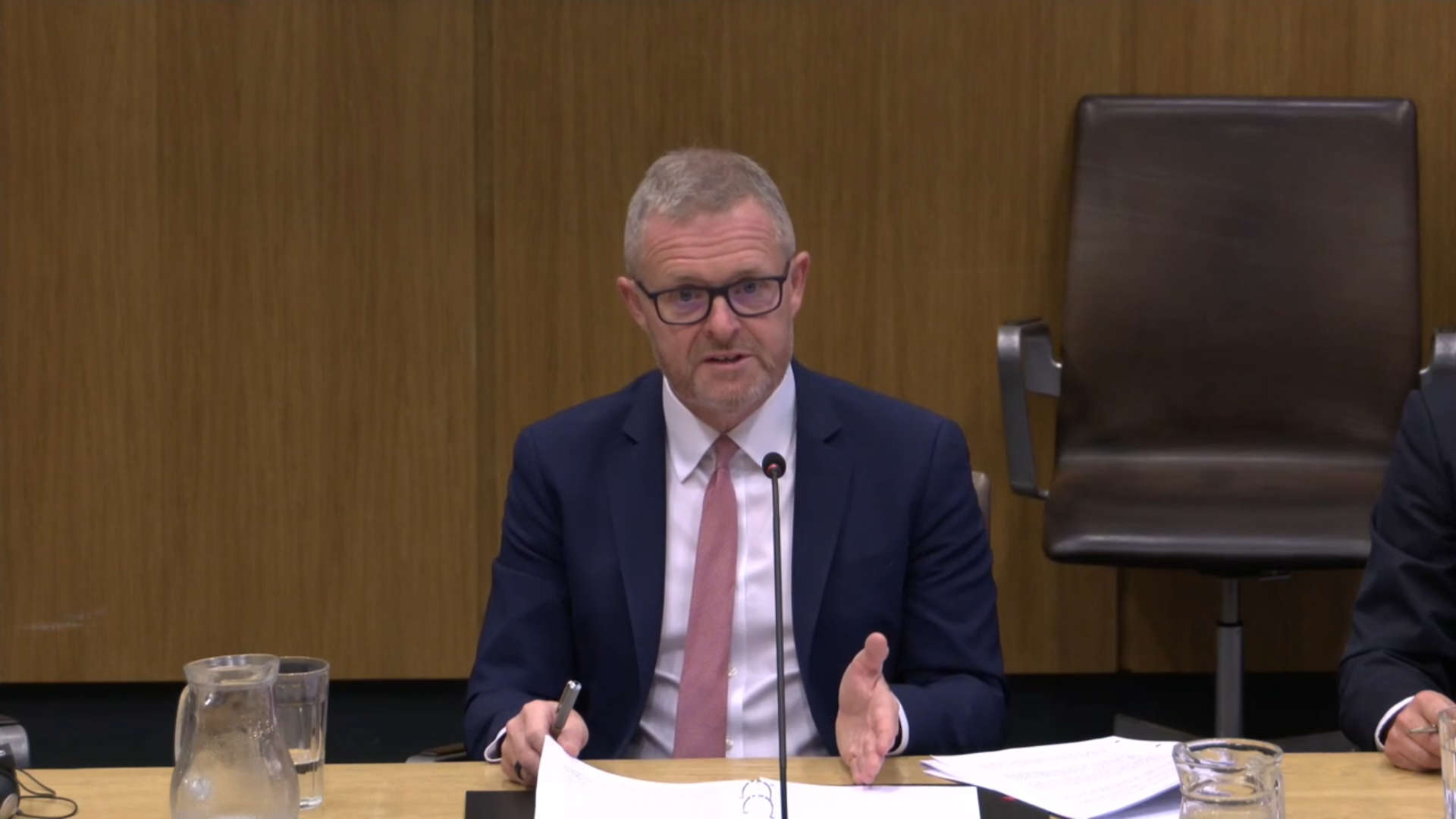
The Senedd would have the final say on whether to implement assisted dying in NHS Wales, but services could be available outside the public sector, the health secretary confirmed.
Peter Fox, the Conservative chair of the Senedd's health committee, sought clarity on the Welsh Government's position and its powers to implement assisted dying in Wales
Health secretary Jeremy Miles said the Welsh Government maintained a neutral position as he drew a distinction between enacting the UK end of life bill and its implementation.
He explained enactment is reserved to Westminster but providing voluntary assisted dying services in Wales is a discretionary power in the hands of the Welsh Government.
He told the committee: "Those services could only be introduced in devolved areas following regulations laid by the Welsh ministers...and subject to an affirmative Senedd vote."
"For anything which is in devolved competence there will need to be regulations passed by the Senedd before the service can be provided."
'Historic'
Giving evidence on Wednesday, Mr Miles suggested options for services outside of the NHS would be available in the private sector in Wales and England as in other parts of the world.
Pressed on whether ministers could refuse to implement elements, Wales' health secretary said: "In devolved competence, yes, and even if the [Welsh] Government wanted to and the Senedd didn't want to approve it – the Senedd would have that ability as well."
Mr Fox asked: "On regulations – if they are not made by the Welsh Government and consequently approved by this Senedd, the NHS in Wales will not be able to provide assisted dying services – is that the case?"
"That is correct," Mr Miles replied, later suggesting a decision on whether to provide services in the health service would be made after the next Senedd election in May 2026.
The Welsh Parliament rejected the principle of assisted dying in a historic vote last year, with Senedd members voting 26-19 against with nine abstaining.
The Senedd rejected a similar motion a decade earlier in December 2014.
'Huge change'
But, this side of the election, politicians will get a vote on a legislative consent motion (LCM), the means by which the Senedd signifies consent for proposed UK laws in devolved areas.
While the Sewel convention states the UK Parliament would "not normally" legislate on devolved matters without consent, it is not legally binding.
But Mr Miles suggested the vote would influence Welsh ministers' decision-making.
James Evans, the Tory shadow health secretary who backed assisted dying in October's vote, questioned the capacity of the NHS Wales executive and the Welsh Government.
His opposite number replied that he did not have particular concerns about the capacity to introduce regulations but said: "There is a huge system change that goes with it."
Mr Miles, who was among the majority of Senedd members to vote against assisted dying, pointed out that the LCM vote will be on a specific proposal rather than a principle.
'Two-tier'
He added: "My view is that ministers in the Senedd ought to be making the decisions about how this service is delivered in Wales and, indeed, whether it's delivered in Wales."
Mr Evans raised concerns about potential for a "two-tier" cross-border system as he warned assisted dying services in Wales could only be available privately for those who can afford it.
Mr Miles said equity of access, cross-border provision and workforce issues – such as health staff opting out of the assisted dying process – would be among the key considerations.
He explained Kim Leadbeater's bill would change the Suicide Act, which is largely reserved to Westminster, to allow non-public provision in Wales without regulations in the Senedd.
He said Wales has powers to regulate some independent health providers but he stressed it remains early in the bill's journey and: "We're talking about hypotheticals at this point."
He told the committee: "There are lots of choices that any government would have to make in terms of how such a service was developed and delivered."



 Swapping date night for drysuits at Barry Dock RNLI
Swapping date night for drysuits at Barry Dock RNLI
 13,900 French Rugby Fans fly into Cardiff Airport ahead of Six Nations Fixture
13,900 French Rugby Fans fly into Cardiff Airport ahead of Six Nations Fixture
 Vale Councillor blasts school funding in the county
Vale Councillor blasts school funding in the county
 Bear Field Skate Park set for major upgrade as part of new Placemaking Plans
Bear Field Skate Park set for major upgrade as part of new Placemaking Plans
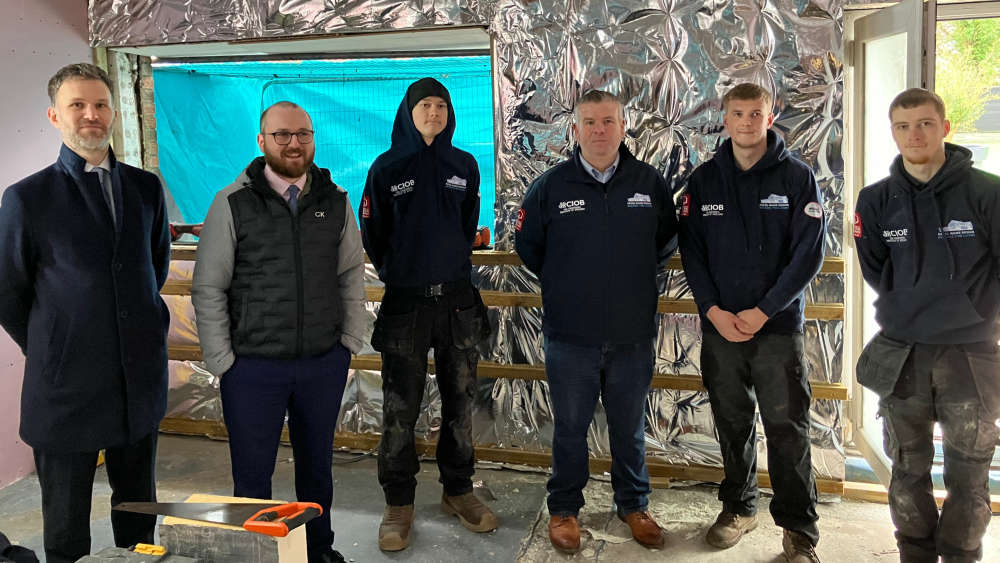 New apprenticeship courses in construction to be introduced in Wales
New apprenticeship courses in construction to be introduced in Wales
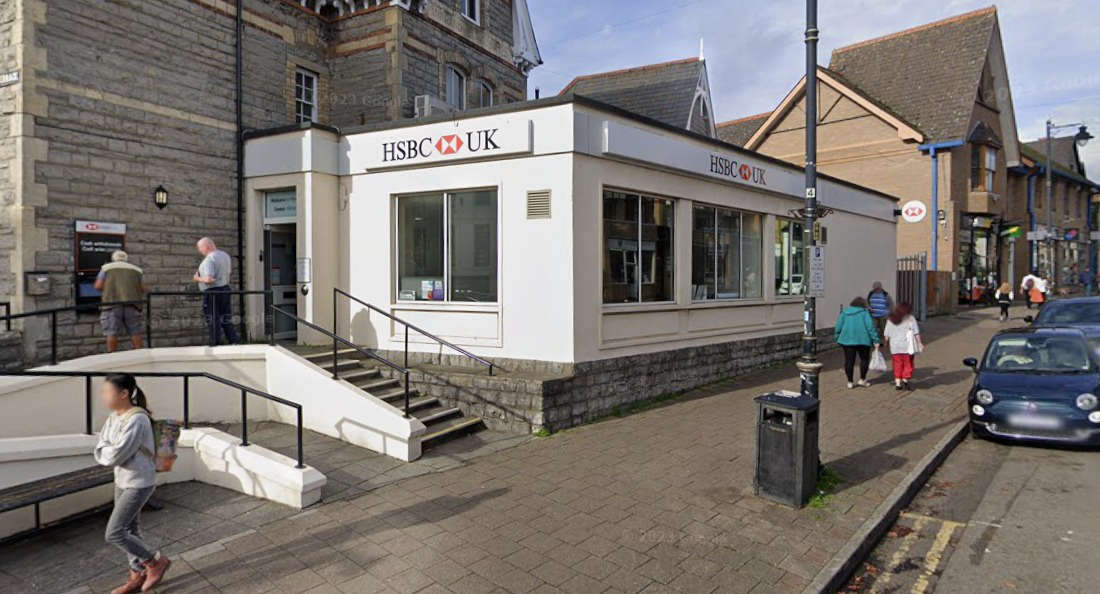 Former Penarth Bank could become a cafe
Former Penarth Bank could become a cafe
 New poll shows majority of Welsh voters lack voting confidence ahead of Senedd Election
New poll shows majority of Welsh voters lack voting confidence ahead of Senedd Election
 Construction hub secured for rail upgrades
Construction hub secured for rail upgrades
 Prolific thief banned from Holton Road
Prolific thief banned from Holton Road
 Cowbridge: plans for more holiday lodges
Cowbridge: plans for more holiday lodges
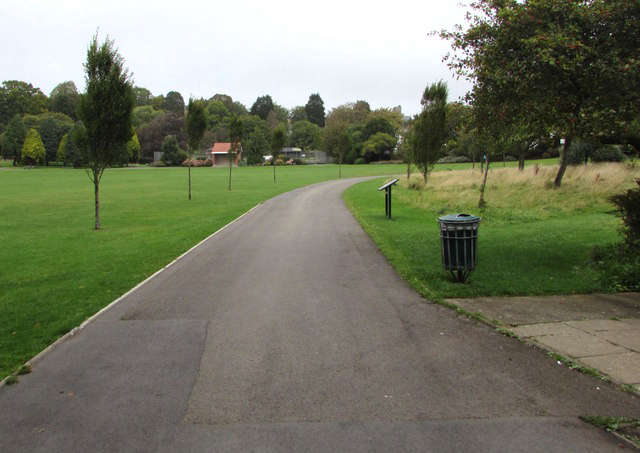 Man dies suddenly in Romilly Park
Man dies suddenly in Romilly Park
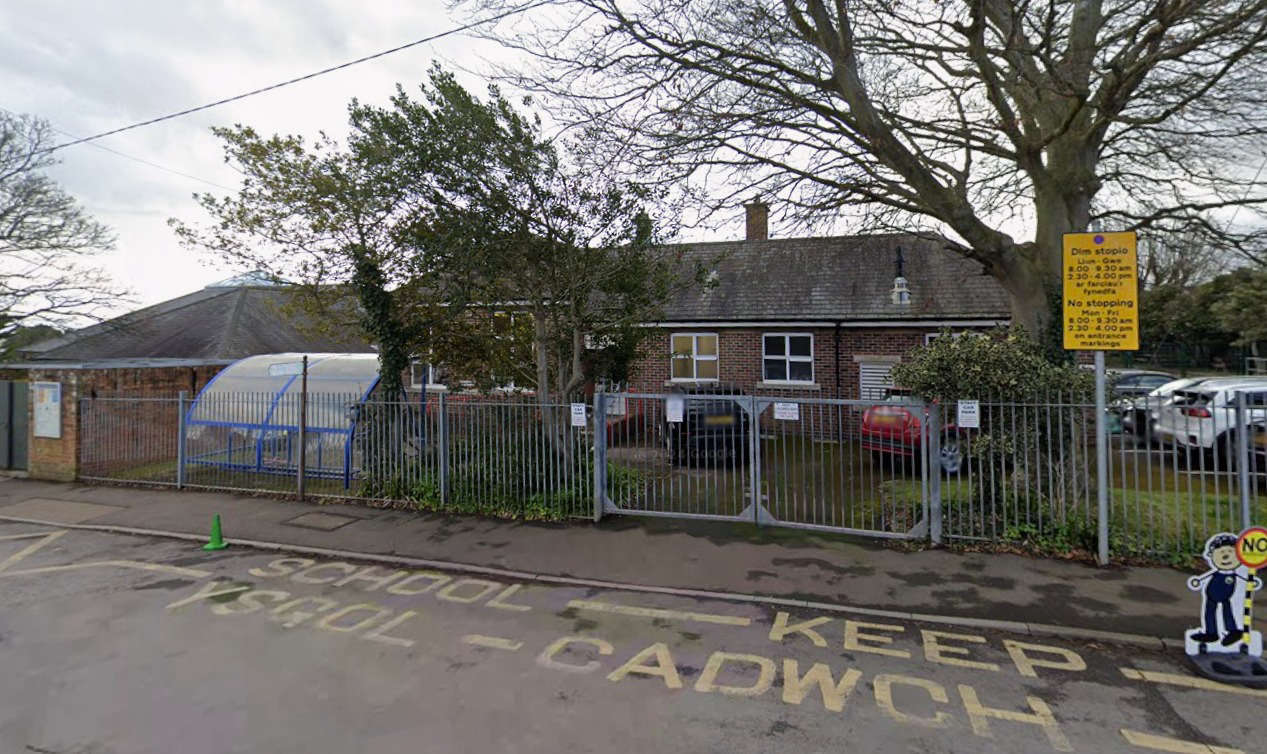 Cash boost for Sully Primary School
Cash boost for Sully Primary School
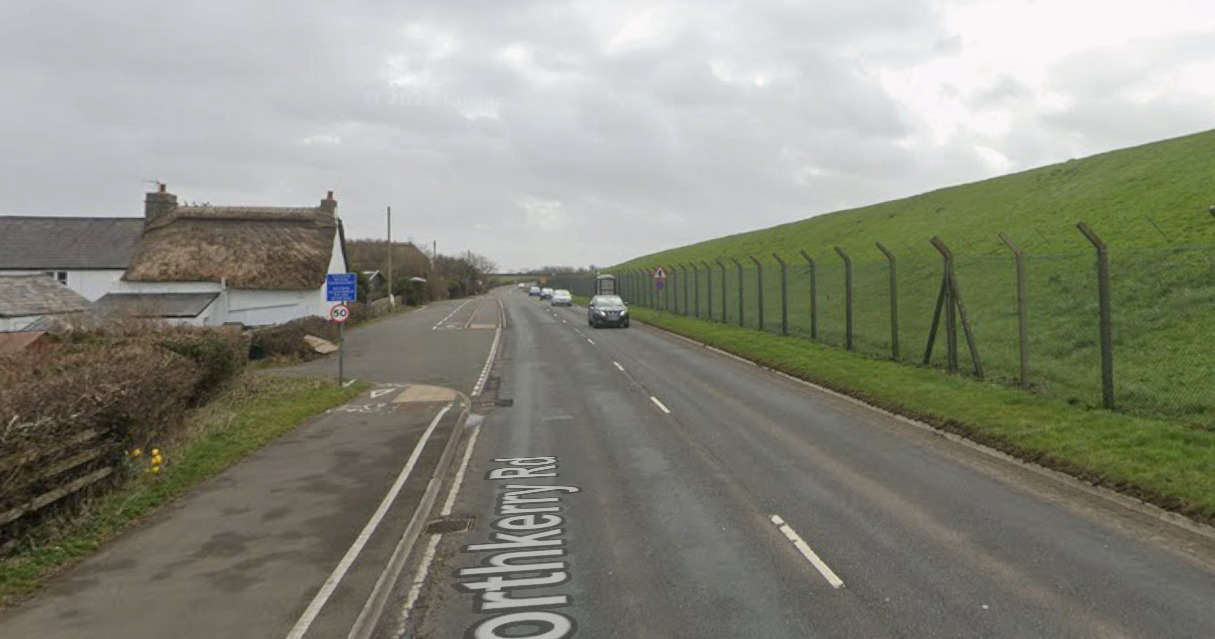 Speed limits reduced despite objections
Speed limits reduced despite objections
 Concern over imported chicken in school meals
Concern over imported chicken in school meals
 A48 closed after three-vehicle collision
A48 closed after three-vehicle collision
 Rhys unveils red bench 'in living memory'
Rhys unveils red bench 'in living memory'
 Barry: plans lodged for 70-home development
Barry: plans lodged for 70-home development






